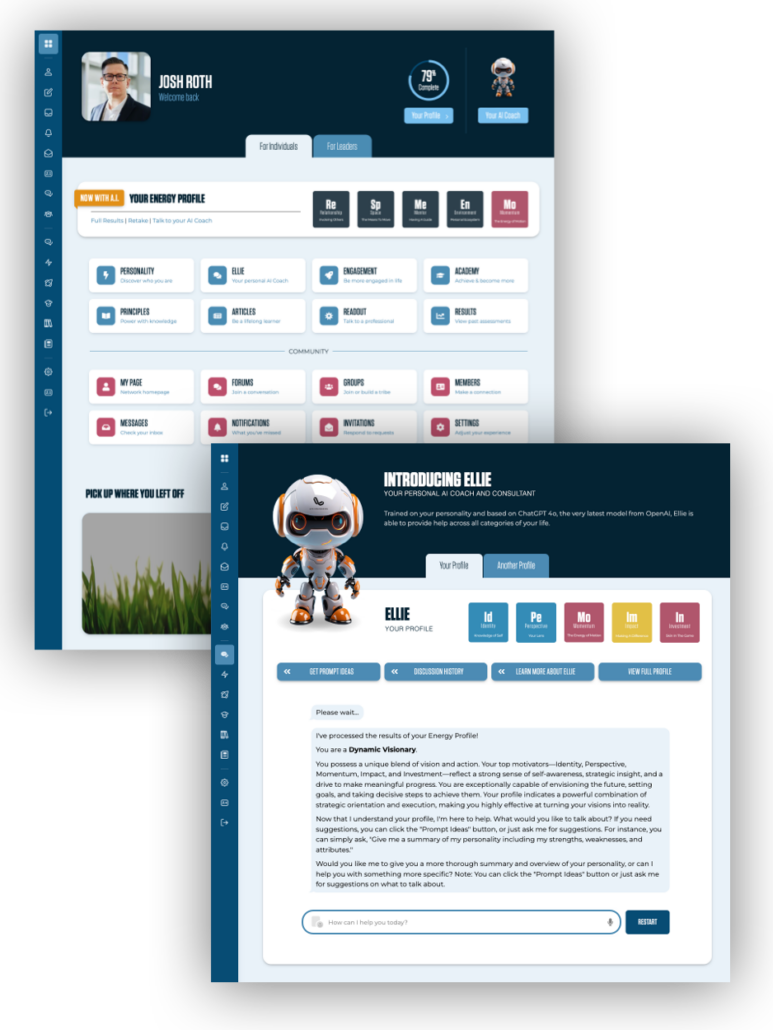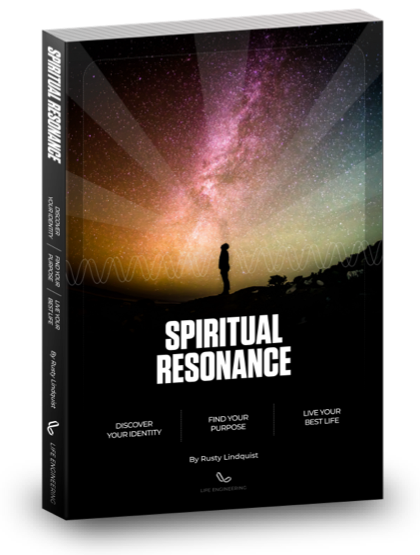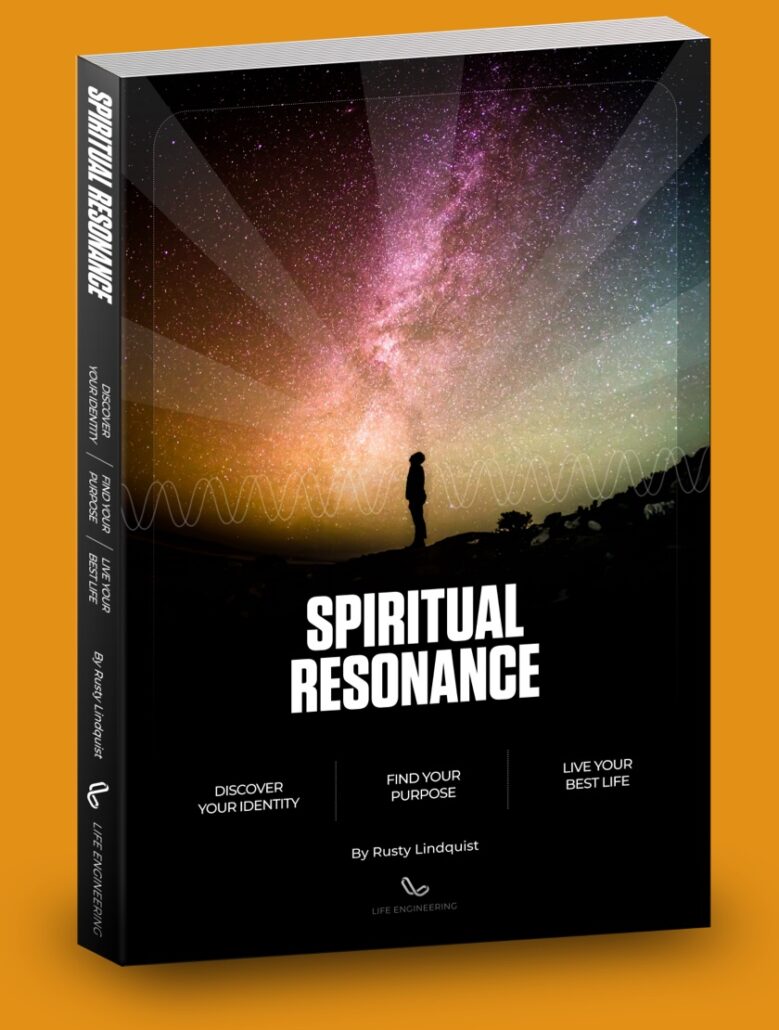Orient:
Plan
Your Way-Forward Strategy
academy
This is about knowing what to do next and having a clear path forward—with small and simple next steps clearly defined to reduce resistance and maintain forward momentum.
Lesson 1
Plans vs Life
course objectives
- Understand that sometimes I must let go of my plans to adapt to the unexpected.
- Determine which type of planner best describes me.
- Create a plan that is actionable, challenging, and adaptable.
- Plan the next steps that will lead me forward toward my objective/goal.
Sabrina’s Plan Story
Planning is important to help us achieve our goals and move forward through life. But life often throws unexpected challenges our way. Plans should be adaptable to these possible setbacks.
Planning the Way Forward
Plan is a way forward strategy. We don’t have to see the whole path to move forward, we just have to see enough to help us take those first few steps.
Plans and Courage
Our plans can be thrown off course by any number of things, including our emotions. But aligning our plans with our identity and objectives will help us move forward despite unpredictable disruptions.
Lesson 2
Overview
Plan in the Orient Pillar
Plan is just one of 16 Elements. It is our way-forward strategy as we move through life towards our Journey to Purpose.
Lesson 3
Letting Go of the Plan
The Right Choice
The world is full of distractions, all of which are competing for our time and attention. Planning can help us be intentional about which distractions we allow into our lives and how we spend our time.
The Right Stuff
When planning, we should invest the time and energy to ensure our plans are as likely to succeed as possible. But we also must be willing to change them when the unexpected inevitably occurs.
Lesson 4
Planning Best Practices
The Four Planner Types
There are typically four different planner types of people: the stick to the plan person, the firefighter, the workaholic, and the chooser. Consider which type of planner best describes you.
reflection activity
Which Type of Planner are You?
Think about what is typical for you as you consider the planner types in the activity below.
Activity: Which Type of Planner are You?
Three Planning Best Practices
There are several things to keep in mind as we start building our plan. Plans should be actionable, challenging, and adaptable.
reflection activity
Plan Builder Part One
As you think about your current objectives, answer the questions in the activity below.
Activity: Plan Builder Part One
reflection activity
Plan Builder Part Two
As you think about your current objectives, answer the questions in the activity below.
Activity: Plan Builder Part Two
Lesson 5
Conclusion
Love the Journey
Plan builds on the elements of Perspective, Identity, and Objective. Planning enables us to love the journey, not just the destination.
We care deeply about helping you live your best life.
So much so, that I want to give you a free copy of my most recent book, Spiritual Resonance, to help you fully discover yourself and live authentically.
We’ve also created an assessment to help you discover your Identity, and have trained AI to understand and talk to you about your specific results!




Responses